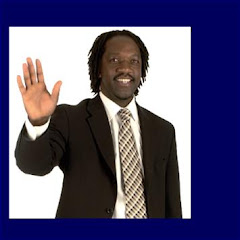A Bristol school for children with hearing problems, which faced a threat of closure, is to continue operating report the BBC (09/03/12).
Bristol City Council has announced that Elmfield School for the Deaf will continue to provide education for deaf or hearing impaired children
In 2010 the authority proposed to close the school after recommendations were made by an independent review.
A petition was then started against the plans and within two months had gained more than 4,000 signatures.
The school's chair of governors the Reverend Canon Gill Behenna said: "We have constantly maintained that Elmfield School provides excellent educational opportunities for deaf and hearing impaired children.
"We now look forward to working with Bristol City Council and colleagues in the field of deaf education, on developing the school as a regional provision."
'Financially viable'The council said the key to its future operation was a revision to planned pupil places and a commitment to serve children with additional needs.
From September, the school will be funded to have an admission number of 30 places.
It currently has 24 children on roll aged between three and 15, many of whom live outside Bristol
Councillor Clare Campion-Smith, from the Liberal Democrat-led authority, said: "In order for Elmfield School to continue, it is important that it is financially viable and can serve children who may have additional learning or behaviour needs.
"We will continue to keep all services under review and respond to how parents make choices for their children's education."





